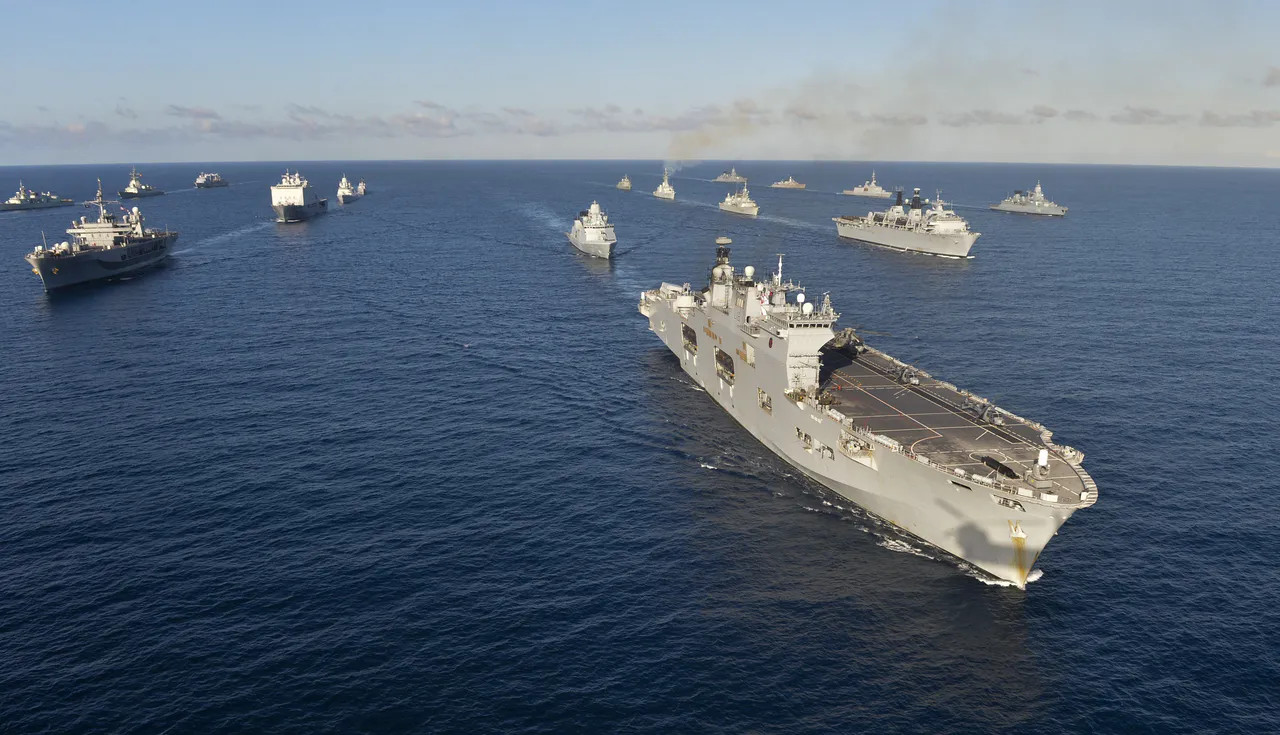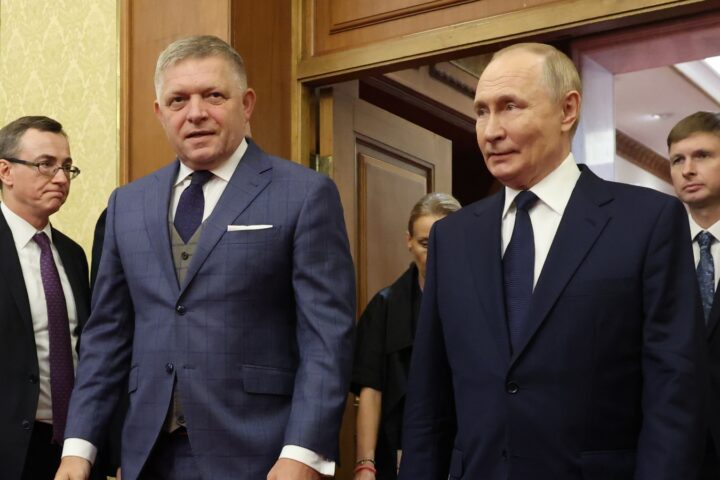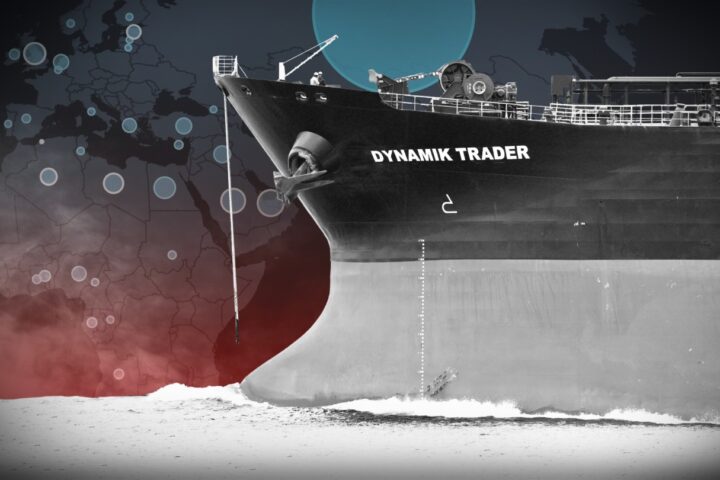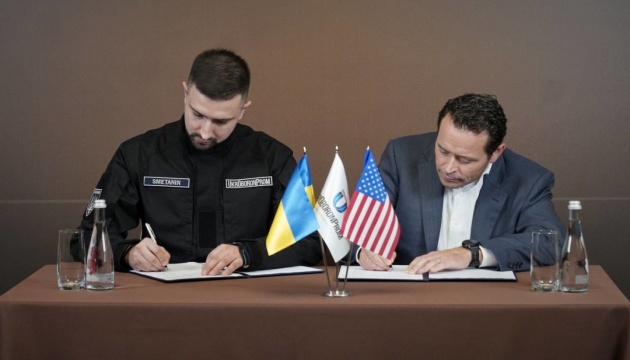Poland will set up a new maritime security centre to safeguard critical infrastructure in the Baltic Sea, amid growing concerns over Russian hybrid activities in the region. On July 24, the Polish Parliament’s Committee on Maritime Economy and Inland Navigation approved a draft proposal from the Ministry of Interior to launch the Maritime Security Centre. The new body will be tasked with protecting strategic assets such as ports, offshore fuel and gas terminals, pipelines, undersea power cables, and wind farms.
The centre will also coordinate monitoring of Poland’s maritime zones and serve as a hub for information exchange between civilian and military actors. The initiative reflects Warsaw’s escalating concern over what it views as Russia’s intensifying threat to the country’s coastal waters and strategic installations.
Baltic security moves to the top of Warsaw’s agenda
According to Polish government statements, the new centre is part of a wider package of measures aimed at boosting maritime defence capabilities. These include deploying counter-drone technologies, armed security units operating on behalf of infrastructure operators, and a next-generation integrated radar system under development by the Border Guard.
The move follows growing alarm in Warsaw over the deteriorating security environment in the Baltic Sea. Lawmakers expressed serious concern about personnel shortages in the Kashubian and Pomeranian branches of the Border Guard, areas directly responsible for safeguarding the coast where major energy investments are located. The committee has urged the interior ministry to urgently reinforce staffing levels.
Russian activity seen as key driver of regional risk
Polish officials point to a significant uptick in hybrid threats from Russia in recent years. These include sabotage attempts, cyberattacks, and unexplained drone activity. In 2024, Russia triggered a regional backlash by attempting to unilaterally change its maritime borders with Lithuania and Finland, a move that prompted sharp diplomatic protests and heightened NATO alert levels.
Despite Sweden and Finland joining NATO — turning the Baltic Sea into what is now effectively a NATO-controlled body of water — Russia continues to expand its naval presence in Kaliningrad and conduct high-profile military manoeuvres near allied borders. Polish authorities have also flagged increased jamming of navigation signals by Russian systems, endangering civilian aviation and shipping routes.
Unmarked drones of likely Russian origin have been observed near offshore wind farms and other sensitive installations. There are also mounting ecological concerns tied to Moscow’s so-called “shadow fleet” — aging tankers with hidden ownership, operating outside sanctions oversight.
NATO coordination and regional defence intensify
Poland is not acting alone. The broader Baltic security architecture is being reinforced in coordination with its NATO allies and regional partners. The Baltic Sentry mission was recently launched to protect undersea infrastructure, while NATO has significantly ramped up air patrols in the region.
Defence spending is also rising sharply: Poland, Latvia, Lithuania, and Estonia are committing up to 6% of their GDP to security — among the highest defence investment rates in Europe. In Latvia, new laws now bar Russian and Belarusian citizens from employment in critical infrastructure roles, while Estonia has commissioned the development of autonomous maritime patrol vessels to guard its waters.
Against this backdrop, Poland’s new maritime security centre signals a long-term strategic pivot toward hardening defences across the entire Baltic coastline — not just against direct military threats, but also the murky and escalating domain of hybrid warfare.













